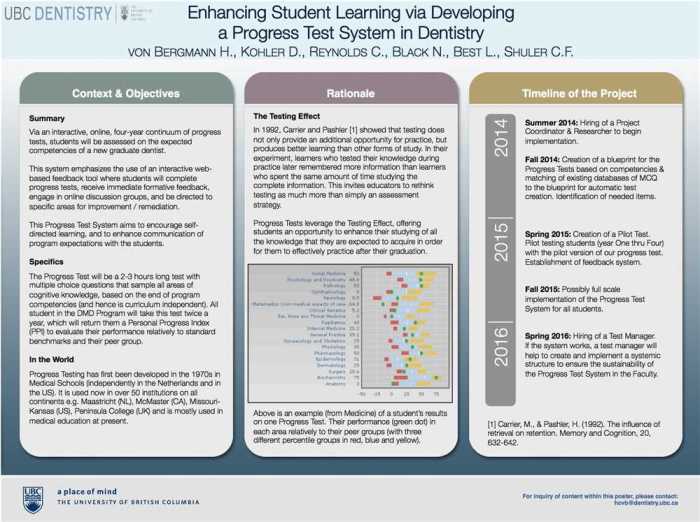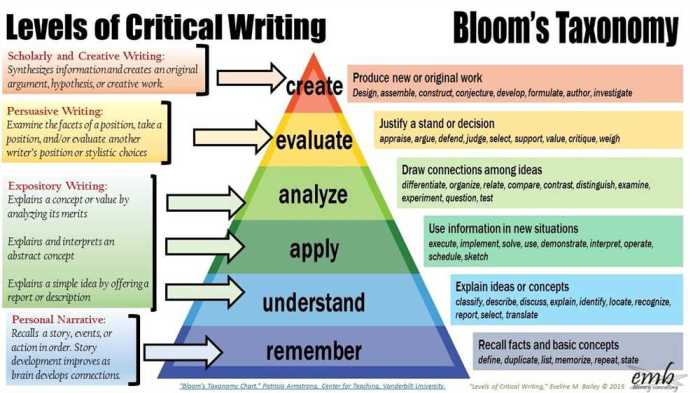The HOSA Veterinary Science Practice Test is an invaluable tool for aspiring veterinary professionals seeking to assess their knowledge and skills. This comprehensive resource provides a structured framework to evaluate proficiency in various aspects of veterinary science, including anatomy, physiology, pathology, pharmacology, and surgery.
By engaging with the HOSA Veterinary Science Practice Test, individuals can identify areas of strength and weakness, refine their understanding, and ultimately enhance their preparation for a successful career in veterinary medicine.
Introduction
Veterinary science plays a crucial role in safeguarding animal health and well-being. It encompasses the study, diagnosis, treatment, and prevention of diseases, injuries, and other health conditions in animals. Veterinary practitioners, including veterinarians, veterinary technicians, and animal health technologists, are responsible for providing comprehensive care to animals, ranging from routine checkups to complex surgical procedures.
Veterinary science is essential for ensuring the health and productivity of livestock, companion animals, and wildlife. Healthy animals contribute to food security, economic stability, and human well-being. Moreover, veterinary science plays a vital role in safeguarding public health by preventing zoonotic diseases, which are diseases that can be transmitted from animals to humans.
Role of Veterinary Practitioners
Veterinary practitioners are highly skilled professionals who are responsible for providing a wide range of services to animals. These services include:
- Performing physical examinations and diagnosing diseases
- Prescribing medications and administering treatments
- Performing surgeries and other medical procedures
- Providing preventive care, such as vaccinations and deworming
- Educating animal owners on proper care and nutrition
Veterinary Science Practice Test

Veterinary Science Practice Test
Veterinary science practice tests are designed to assess the knowledge and skills of individuals seeking to become licensed veterinarians or to enhance their professional development. These tests typically cover a comprehensive range of topics within veterinary medicine, including animal anatomy, physiology, pathology, pharmacology, and clinical practice.
Types of Questions
Veterinary science practice tests typically include a variety of question types, such as:
- Multiple choice questions: These questions present a stem with several possible answers, from which the test taker must select the correct or most appropriate one.
- True/false questions: These questions require the test taker to indicate whether a statement is true or false.
- Short answer questions: These questions ask the test taker to provide a brief written response to a specific question or prompt.
li>Essay questions: These questions require the test taker to write a more extended response that demonstrates their understanding of a particular topic.
Importance of Preparation
Preparing for a veterinary science practice test is crucial for several reasons:
- It helps individuals identify areas where they need additional study or reinforcement.
- It familiarizes them with the format and types of questions they will encounter on the actual test.
- It builds confidence and reduces test anxiety.
- It allows individuals to practice time management and pacing skills.
Content Coverage

Veterinary science practice tests assess a candidate’s knowledge and skills in various aspects of veterinary medicine. These tests typically cover a wide range of topics, encompassing the foundational principles and practical applications of veterinary science.
A comprehensive understanding of these topics is crucial for veterinary professionals to ensure the health and well-being of animals under their care. Proficiency in these areas enables veterinarians to diagnose and treat diseases, perform surgeries, and provide preventive care effectively.
Anatomy and Physiology, Hosa veterinary science practice test
- Musculoskeletal system: Structure and function of bones, muscles, and joints
- Integumentary system: Skin, hair, and nails
- Digestive system: Anatomy and physiology of the gastrointestinal tract
- Respiratory system: Anatomy and physiology of the lungs and airways
- Cardiovascular system: Anatomy and physiology of the heart and blood vessels
- Endocrine system: Hormones and their roles in body functions
- Reproductive system: Anatomy and physiology of the reproductive organs
Pathology
- Etiology of disease: Causes and mechanisms of disease
- Pathogenesis: Development and progression of disease
- Clinical pathology: Laboratory tests and their interpretation
- Gross pathology: Examination of tissues and organs
- Microscopic pathology: Examination of tissues under a microscope
Pharmacology
- Drug classification and mechanisms of action
- Pharmacokinetics: Absorption, distribution, metabolism, and excretion of drugs
- Pharmacodynamics: Effects of drugs on the body
- Adverse drug reactions and drug interactions
- Principles of drug therapy
Surgery
- Surgical principles and techniques
- Preoperative care and anesthesia
- Surgical instrumentation and equipment
- Postoperative care and pain management
- Common surgical procedures: Soft tissue surgery, orthopedic surgery, and gastrointestinal surgery
Test Preparation Strategies

Preparing for a veterinary science practice test requires effective study techniques that enhance retention and recall. This involves a combination of time management, active recall, practice questions, and strategies to stay motivated and manage stress.
Time Management
Effective time management is crucial for covering the vast syllabus. Create a realistic study schedule that allocates specific time slots for each topic. Prioritize challenging concepts and allocate more time to them. Break down large chunks of information into smaller, manageable units to facilitate better comprehension.
Active Recall
Active recall is a powerful study technique that involves actively retrieving information from memory without looking at notes. This can be done through self-testing, flashcards, or explaining concepts to others. By forcing your brain to recall information, you strengthen neural connections and improve long-term retention.
Practice Questions
Practice questions are invaluable for testing your understanding and identifying areas that need improvement. Solve as many practice questions as possible, covering a range of difficulty levels. Analyze your mistakes to pinpoint specific weaknesses and focus your revision accordingly.
Staying Motivated and Managing Stress
Staying motivated and managing stress during preparation is essential for success. Set realistic goals and reward yourself for achievements. Take breaks and engage in activities that relieve stress, such as exercise or spending time in nature. Join study groups or connect with peers to provide support and accountability.
Example Questions: Hosa Veterinary Science Practice Test
Veterinary science practice tests assess candidates’ knowledge, critical thinking, and problem-solving skills. Sample questions from various sections are presented in the table below:
| Section | Sample Questions |
|---|---|
| Animal Anatomy and Physiology |
|
| Animal Health and Disease |
|
| Veterinary Pharmacology and Therapeutics |
|
| Veterinary Surgery and Anesthesia |
|
| Veterinary Ethics and Professionalism |
|
Scoring and Interpretation
Scoring and interpreting the results of a veterinary science practice test are crucial steps in evaluating one’s preparedness and identifying areas for improvement.
Practice tests typically use a point system to assess performance. Each question carries a specific number of points, and the total score represents the candidate’s overall performance.
Interpreting the Results
After completing the practice test, it is essential to analyze the results to gain insights into strengths and weaknesses. Questions answered correctly indicate areas where the candidate has a solid understanding of the concepts. Incorrectly answered questions, on the other hand, highlight topics that require further attention.
By identifying areas of weakness, candidates can prioritize their studies and focus on improving their knowledge and skills in those specific areas. This targeted approach ensures that they can address their weaknesses and enhance their overall preparation for the actual test.
Additional Resources
Enhancing your knowledge in veterinary science extends beyond this practice test. To delve deeper into the field, we recommend exploring the following resources:
Reputable Websites and Textbooks
- American Veterinary Medical Association (AVMA): https://www.avma.org/
- Veterinary Information Network (VIN): https://www.vin.com/
- Merck Veterinary Manual: https://www.merckvetmanual.com/
- Ettinger and Feldman’s Textbook of Veterinary Internal Medicine, 9th Edition
- Slatter’s Fundamentals of Veterinary Ophthalmology, 5th Edition
Professional Development and Continuing Education
To stay abreast of advancements in veterinary science, consider pursuing professional development opportunities. These may include:
- Attending veterinary conferences and workshops
- Subscribing to veterinary journals and newsletters
- Participating in online continuing education courses
- Obtaining advanced degrees, such as a Master’s or Doctorate in Veterinary Science
Guidance from Experienced Veterinarians
Seeking guidance from experienced veterinarians or mentors can provide invaluable support. They can offer practical advice, share insights, and help you navigate the challenges of the profession.
FAQ Corner
What is the purpose of the HOSA Veterinary Science Practice Test?
The HOSA Veterinary Science Practice Test is designed to assess an individual’s knowledge and skills in various aspects of veterinary science, helping them identify areas of strength and weakness and prepare for a successful career in veterinary medicine.
What types of questions are included in the HOSA Veterinary Science Practice Test?
The practice test includes a range of question types, including multiple choice, true/false, short answer, and essay questions, covering topics such as anatomy, physiology, pathology, pharmacology, and surgery.
How can I prepare effectively for the HOSA Veterinary Science Practice Test?
Effective preparation involves reviewing course materials, practicing with sample questions, seeking guidance from experienced veterinarians or mentors, and managing time effectively during the test.